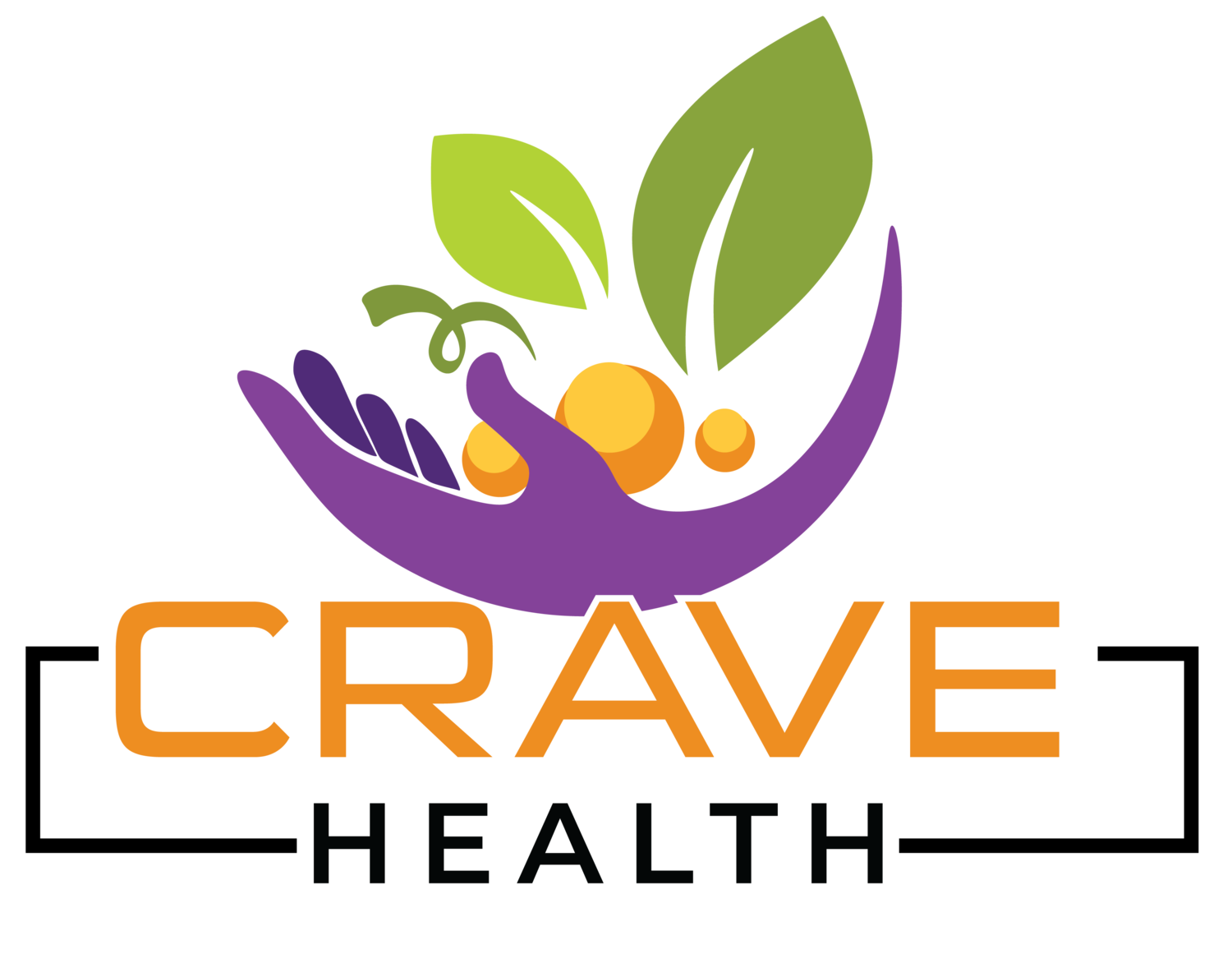How to Do a Life Review and Set New Goals
As we close out one year and begin another, it's important to take some time to reflect on the past twelve months. What have we accomplished? What were our highlights and low lights? What did we learn? Taking a good, hard look at our lives can be challenging, but it's also incredibly powerful. It allows us to see where we've been and where we want to go. It gives us perspective on our choices and helps us learn from our mistakes. And perhaps most importantly, it allows us to set realistic goals for the year ahead.
How to Do a Life Review
A life review is simply a process of reflection. You can do it by yourself or with a friend or therapist. There are no right or wrong answers, and there is no specific format you need to follow. The only goal is to take an honest look at your life and see where you've been and where you want to go.
There are many benefits to doing a life review. First, it can help you identify your values and priorities. What's important to you? What do you want more of in your life? Doing a life review can also help you gain perspective on your choices. Are you happy with the way things have turned out? What would you change if you could do it all over again? Some questions to consider: What went well this year? What do you want to improve on next year? What are your top three priorities for next year?
Finally, a life review can help you set realistic goals for the future. All too often, we set grandiose resolutions that are impossible to achieve. By taking a step back and looking at our lives as a whole, we can identify small changes that will make a significant impact. These mini-habits are much more likely to stick than major overhauls, leading to lasting change over time.
Tips for setting effective New Year's Resolutions:
When setting New Year's resolutions, it's important to be realistic and specific. Vague resolutions such as "lose weight" or "get in shape" are more likely to fail because they're not measurable. Instead of setting goals that are impossible to track, choose specific and achievable resolutions. For instance, you could resolve to walk for 30 minutes everyday or eat protein with breakfast every morning. Once you've settled on one or two specific resolutions, it's time to create a plan for how you will achieve them. This step is critical; without a concrete plan, it will be easy to fallback into your old habits come February. When making your plan, set small, achievable goals that you can complete regularly. For example, if you resolve to walk for 30minutes every day, commit to walking for 10 minutes every day for the first week. Then, increase the amount of time you walk by 5 minutes each week until you reach your goal of 30 minutes.
If you're feeling stuck or unfulfilled, doing a life review can be beneficial. It's a chance to reflect on your accomplishments, learn from your mistakes, and set realistic goals for the year ahead. You might be surprised at what you discover about yourself—and what's possible for your future.
